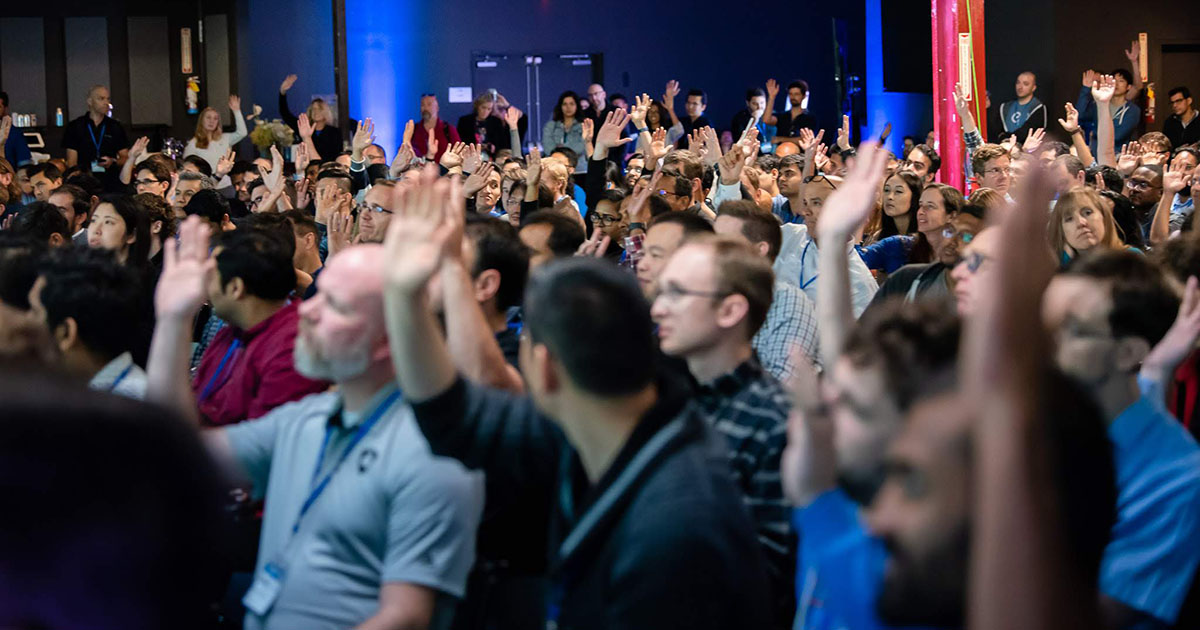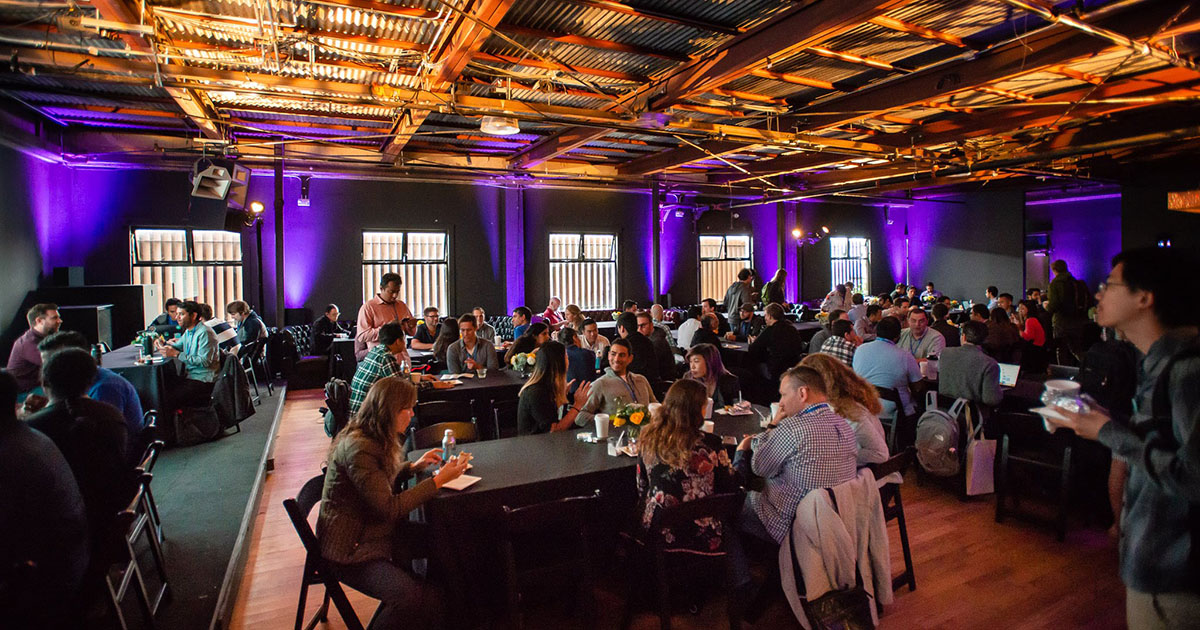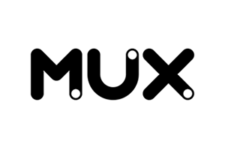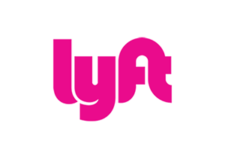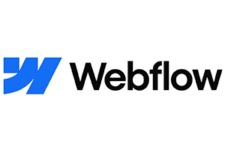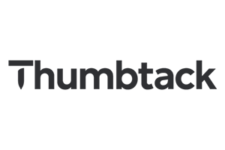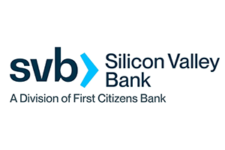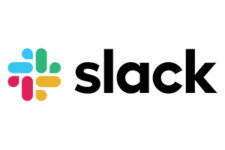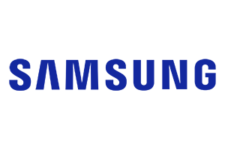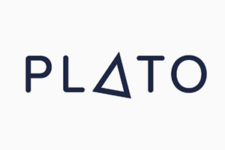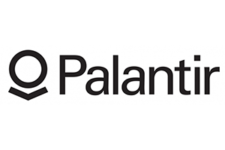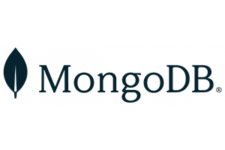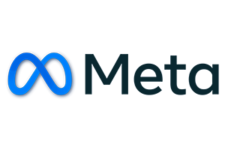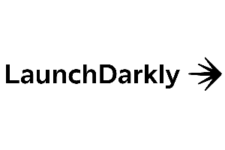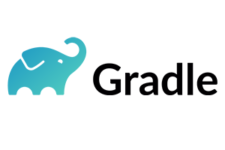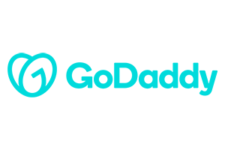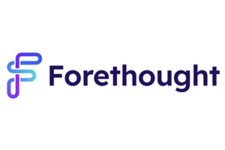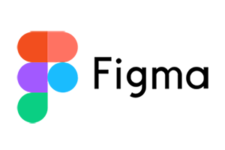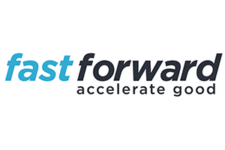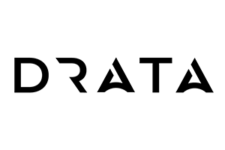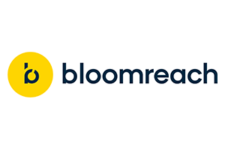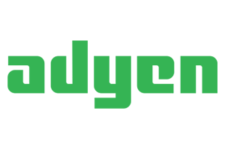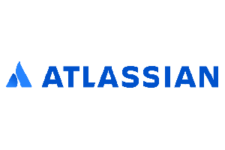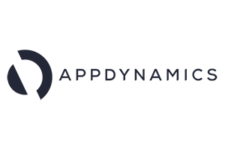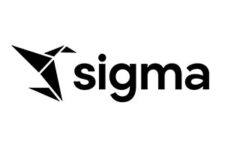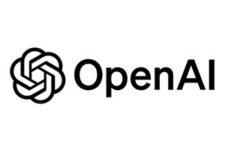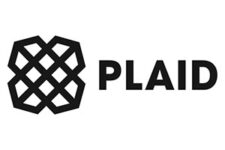AI and Event Data Analytics: Leveraging AI for Event Success
San Francisco, CA | Updated: 10/04/2024
Data is a powerful asset in the world of event planning, offering insights into attendee preferences, engagement levels, and overall event success. However, managing and analyzing this data can be a daunting task. Enter Artificial Intelligence (AI), which is revolutionizing how event planners collect, analyze, and use data to make smarter, more effective decisions. In this article, we’ll explore how AI is transforming event data collection and analysis, and how it empowers planners to turn data into actionable insights for better decision-making.
Leveraging AI for Event Data Collection and Analysis
1. Automated Data Collection
• Functionality: AI enables seamless, automated data collection from multiple sources, including event apps, registration platforms, social media, and attendee interactions. With AI, planners can gather detailed insights into attendee preferences, behaviors, and engagement without manual effort.
• Examples: Platforms like Cvent and Eventbrite use AI to automate data collection, ensuring all relevant attendee data is gathered accurately and efficiently.
• Benefits: Reduced manual effort, more comprehensive data collection, and higher accuracy.
2. Real-Time Data Analysis
• Functionality: AI tools analyze attendee behavior and engagement in real-time, providing instant feedback to event planners. This enables quick adjustments to event content, schedules, or networking opportunities based on real-time attendee needs and behaviors.
• Examples: Platforms like Tableau and Microsoft Power BI use AI to generate real-time insights, helping planners respond proactively to evolving event dynamics.
• Benefits: Improved event responsiveness, better attendee engagement, and enhanced decision-making during the event.
3. Predictive Analytics
• Functionality: AI-driven predictive analytics forecast trends and attendee behavior, helping event planners anticipate challenges and opportunities. By analyzing past event data, AI can predict attendance numbers, engagement levels, and even the success of certain sessions or speakers.
• Examples: Tools like IBM Watson and Salesforce Einstein offer predictive insights, allowing planners to optimize their event strategies in advance.
• Benefits: Proactive planning, reduced risk, and improved resource allocation.
4. Sentiment Analysis
• Functionality: AI tools can analyze attendee feedback, social media posts, and surveys to gauge sentiment toward the event. Sentiment analysis helps event planners understand attendee satisfaction and areas needing improvement, ensuring the event resonates well with participants.
• Examples: Platforms like MonkeyLearn and Lexalytics perform AI-powered sentiment analysis, delivering insights that allow planners to tailor future event experiences to meet attendee expectations.
• Benefits: Deeper understanding of attendee feedback, more personalized future events, and enhanced attendee satisfaction.
Insights and Decision-Making with AI-Powered Analytics
1. Data-Driven Decision Making
• Functionality: AI analytics provide event planners with comprehensive insights that inform key decisions, from session planning to marketing strategies. By understanding attendee behavior and engagement metrics, planners can refine event details in real-time or post-event to optimize future strategies.
• Examples: Tools like Domo and Sisense provide powerful analytics dashboards that enable event planners to make informed, data-driven decisions.
• Benefits: Better decision-making, improved event performance, and more successful outcomes.
2. Personalizing Event Experiences
• Functionality: AI allows for the personalization of event experiences based on attendee data. By analyzing preferences, interests, and behaviors, AI helps planners create tailored agendas, content suggestions, and networking opportunities for each attendee.
• Examples: Platforms like Bizzabo and Grip utilize AI to personalize attendee experiences, leading to higher engagement and satisfaction.
• Benefits: Increased attendee engagement, enhanced satisfaction, and more impactful event experiences.
3. Post-Event Analysis and Reporting
• Functionality: After the event, AI-driven tools analyze collected data to generate detailed reports on event performance, attendee engagement, and overall success. These insights help planners evaluate their strategies and identify areas for improvement for future events.
• Examples: Tools like SurveyMonkey and Qualtrics offer post-event analytics that provide actionable insights to improve future events.
• Benefits: Continuous improvement, more effective future planning, and greater event success.
Real-World Examples of AI-Powered Data Analytics
1. Google I/O and Real-Time Data Analysis
• Scenario: Google I/O used AI-powered analytics to monitor attendee engagement and behavior in real-time. Organizers adjusted session content based on live feedback, improving attendee experiences on the fly.
• Impact: Higher engagement rates and positive feedback demonstrated the value of real-time data analytics in delivering a dynamic event experience.
2. SXSW and Predictive Analytics
• Scenario: At SXSW, predictive analytics helped organizers optimize resources by forecasting attendee numbers and session attendance. This allowed for better logistics and resource allocation, improving the overall event flow.
• Impact: Smarter event planning and better resource utilization led to a more seamless event experience for attendees and organizers alike.
3. Corporate Conferences with Sentiment Analysis
• Scenario: A major corporate conference used AI-powered sentiment analysis to assess attendee feedback from social media and surveys. The analysis helped organizers refine their approach for future conferences based on attendee sentiments.
• Impact: The feedback led to better event content and a more engaging attendee experience at future events.
Learn More
Explore how AI can transform your event data analytics strategy. Check out the rest of our AI series for deeper insights into how AI is shaping the future of event planning.
RELATED CONTENT

